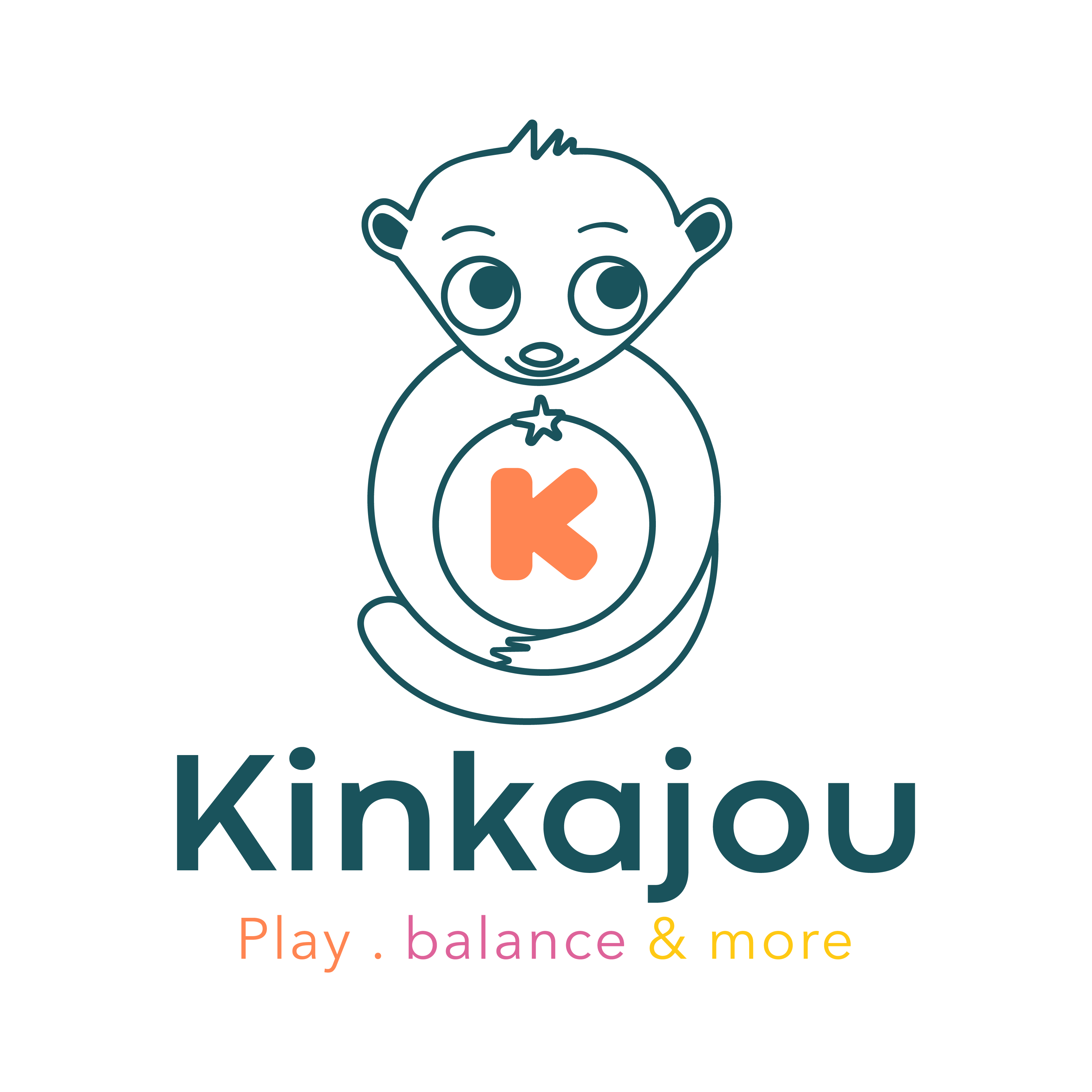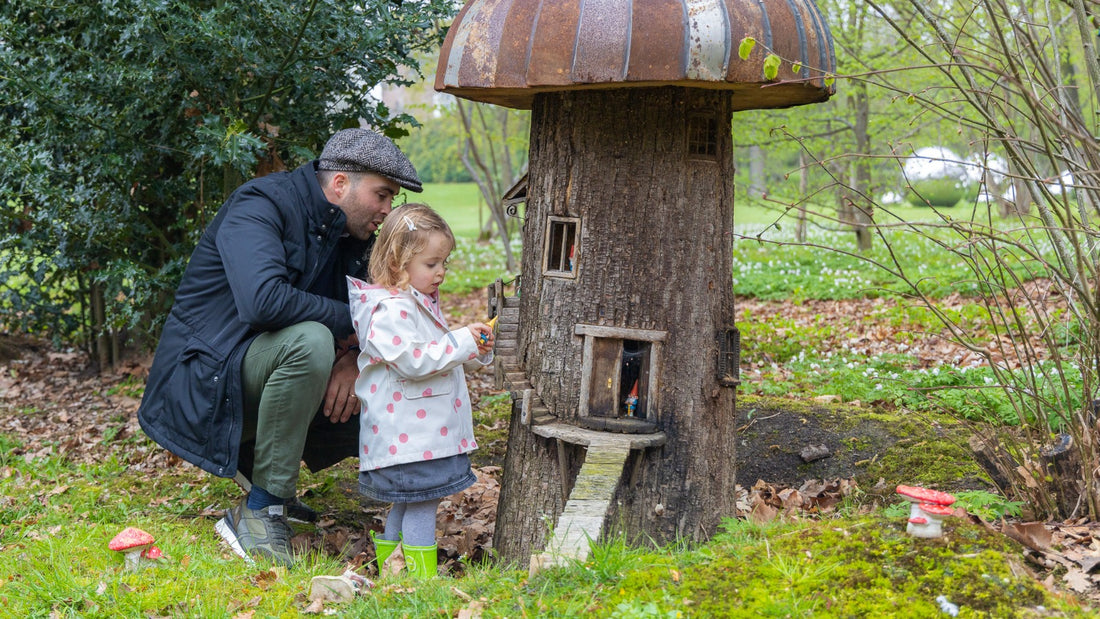Play is essential for children's development. It helps them learn and grow in many ways, including:
- Cognitive development: Through playing children develop their thinking skills, such as problem-solving, creativity, and decision-making.
- Physical development: While involving their muscles and nervous system, children develop their motor skills, such as coordination, balance, and strength. Our rocker climber is a great tool that would include all the elements of the physical development. You can now order it here.
- Social-emotional development: Being active with their peers, children develop their social skills, such as cooperation, empathy, and conflict resolution. While using our click and play, children together build different shapes and mazes to play on.
- Language development: Playing encourages children develop their language skills, such as vocabulary and grammar.
- Creative development: While playing, sky is the limit. That helps children develop their creativity and imagination.
Play is also important for children's overall well-being. It helps them relax and de-stress, and it can also boost their self-esteem and confidence.
There are many different types of play that children can engage in, and the best type of play for a child will vary depending on their age and interests. However, some general types of play that are beneficial for all children include:
- Active play: Majority of our toys focuses on that type of play. They allow the kids to climb, coordinate, jump, slide and rock. All these activities engage them physically and mentally.
- Creative play: Using their imagination and creativity, kids play dress-up, building with blocks, or drawing. That is why wooden plain toys are ideal for creative play, allowing the children to project their own imagination on the toys.
- Social play: Going outdoors along with other peers allow the children to interact through activities such as playing tag, hide-and-seek, or cooperative games. Whenever this is not feasible due to weather conditions or other reasons, indoors alternatives should be planned.
- Solitary play: Having their own personal space is very important. Through this type of play kids play alone, with activities such as reading, building with blocks, or playing with puzzles.
It is important for parents and caregivers to provide children with plenty of opportunities to play. Play should be a regular part of a child's day, and it should be enjoyable for both the child and the adult.
Here are some tips for encouraging children to play:
- Make time for play: Schedule time for play each day, just like you would schedule time for other activities, such as school or homework.
- Provide a variety of play materials: Offer children a variety of play materials, such as blocks, balls, dolls, and books. This will help them explore their interests and find new ways to play.
- Be a role model: Show children that you enjoy playing. Let them see you playing games, reading, or building things. That is why we built our rocker to fit both the parent and the child together, check it out here.
- Encourage social play: Encourage children to play with other children. This will help them develop social skills and make friends.
- Let children play alone: Sometimes children need time to play alone. This gives them a chance to relax and be by themselves.
Play is an essential part of childhood. It helps children learn and grow in many ways. By providing children with plenty of opportunities to play, we can help them reach their full potential.

